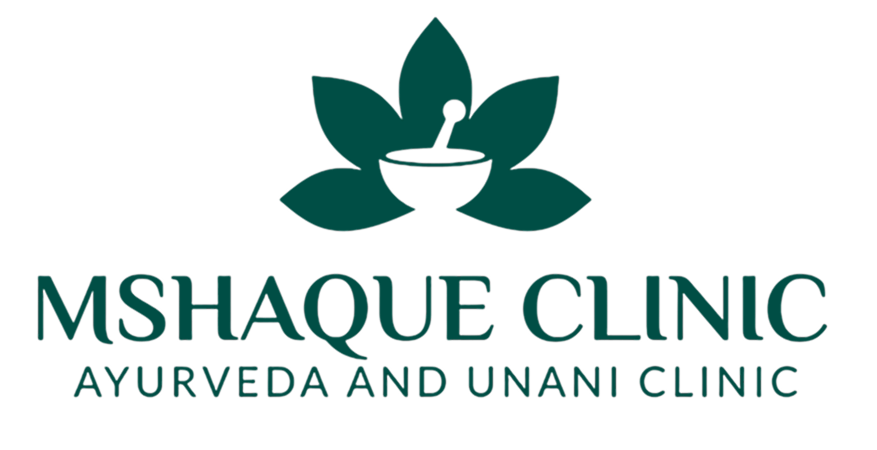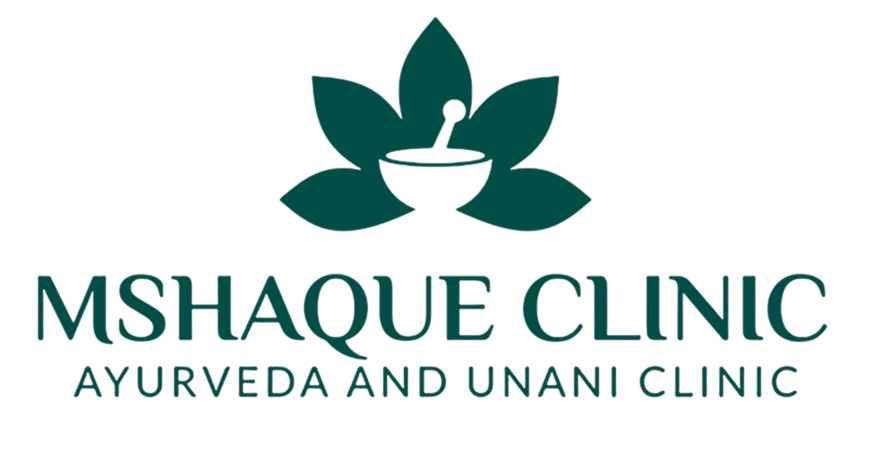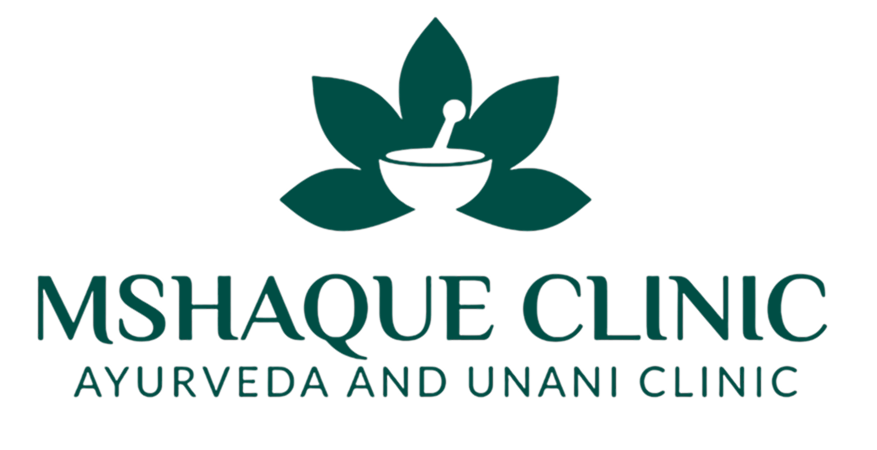Sle Treatment In Ayurveda: In the hustle and bustle of modern-day existence, the importance of restful sleep can not be overstated. Sleep problems, ranging from insomnia to disrupted sleep cycles, have grown to be typical challenges affecting each person’s physical and intellectual well-being. Ayurveda, the historic system of holistic healing originating from India, offers a profound approach to addressing those troubles. Rooted inside the standards of balancing the body’s doshas – Vata, Pitta, and Kapha – Ayurvedic practices provide a complete framework for information and treating sleep disturbances. This article delves into the know-how of Ayurveda, exploring nutritional changes, herbal remedies, and way-of-life guidelines designed to restore harmony to the doshas and foster a deep, rejuvenating sleep. By blending historical know-how with sensible insights, Ayurveda gives a holistic attitude on sleep issues, guiding people closer to a balanced and sustainable course to higher sleep and standard of well-being.
Sle Treatment In Ayurveda: Understanding Sle Treatment in Ayurveda
What chakra is associated with lupus? In Ayurveda, sleep issues are viewed through the lens of dosha imbalances—Vata, Pitta, and Kapha. These doshas, representing combinations of the five factors, govern physiological and mental functions. An imbalance in any dosha can disrupt the herbal sleep cycle. Vata imbalance might also result in restlessness, Pitta to heightened arousal, and Kapha to immoderate lethargy. Ayurvedic methods involve personalized nutritional changes, herbal remedies, and way-of-life practices tailored to stability-specific doshas. This holistic angle goals now not only to relieve symptoms but also to cope with the root reasons for sleep disturbances, fostering a comprehensive and sustainable direction to advanced sleep.
Sle Treatment In Ayurveda: Balancing Vata Dosha
Balancing Vata dosha in Ayurveda involves targeted strategies to calm the fearful gadget and promote stability. Dietary changes play a crucial function, emphasizing heat-nourishing meals like cooked grains and soups while warding off stimulants, which include caffeine. Medicinal herbs like Ashwagandha and Brahmi are endorsed for their calming houses. Self-massage with specific oils and engaging in grounding activities can further mitigate Vata imbalance. Consistency in each day’s routines, good enough relaxation, and peaceful sleep surroundings contribute to stabilizing Vata dosha. These practices purpose to restore concord to the body and mind, fostering a feeling of calmness important for a restful sleep. If you want the Best treatment for lupus in India, you can visit the Mshaque Clinic. Our top Ayurveda doctors, including Dr. M. S. Haque and Dr. A. Perwaiz, will provide you with the greatest natural care.
- Dietary Recommendations:
Ayurveda, in its pursuit of balancing Vata dosha, advocates a specialized weight loss program tailored to pacify this active pressure. Central to this method are heat-nourishing ingredients, which include cooked grains, soups, and stews. These offer a grounding impact, countering Vata’s inherent light and mobile features. Eliminating stimulants, specifically caffeine, is paramount in stabilizing Vata, as they can exacerbate its tendency closer to restlessness. Additionally, emphasizing ordinary food at steady intervals contributes to nourishing the frame and preventing erratic electricity fluctuations associated with Vata imbalance. You can visit the Mshaque Clinic to get treated naturally. We have the best Ana-positive treatment in Ayurveda that can treat your lupus problems quickly.
- Herbal Remedies:
The use of medicinal herbs stands as a cornerstone in Ayurvedic practices to address Vata imbalance. Ashwagandha and Brahmi, respected for his or her calming houses, are regularly incorporated into treatments. Ashwagandha, an adaptogenic herb, helps the frame adapt to stress, and Brahmi helps cognitive function and emotional balance. Ayurvedic practitioners may also prescribe precise oils for Abhyanga, a self-rubdown ritual. This no longer most effectively nurtures the skin; however, it additionally works synergistically to calm the nervous device, selling a profound feeling of relaxation that aids in balancing Vata dosha.
Sle Treatment In Ayurveda: Pacifying Pitta Dosha
- Dietary Guidelines:
Balancing Pitta dosha in sle treatment in Ayurveda includes strategic dietary alternatives to alleviate its fiery nature. A Pitta-pacifying eating regimen emphasizes cooling meals, particularly results, and veggies, which help mitigate extra warmth in the frame. To prevent aggravation, people with a fundamental Pitta constitution or imbalance must decrease the intake of highly spiced and acidic meals. Additionally, reducing caffeine consumption is advised, as it could contribute to heightened Pitta inclinations. By adopting those nutritional hints, one objective is to harmonize Pitta dosha and promote a more balanced and calmer nation. You can visit the Mshaque Clinic to get treated naturally. We have the best hospital for sale treatment in India that can treat your lupus problems quickly.
- Herbs and Teas:
Ayurvedic herbs play a pivotal position in addressing Pitta imbalances. Shatavari and Jatamansi are splendid for his or her cooling consequences on the body and thoughts. Shatavari, called an adaptogen, facilitates modulated pressure responses, and Jatamansi supports emotional well-being. Complementing these herbs, herbal teas infused with cooling elements like mint and chamomile contribute to soothing Pitta dosha. These beverages, now not the most effective, provide bodily comfort but also a resource in calming the mind, fostering more tranquil internal surroundings that align to pacify Pitta imbalances.
Our Other Articles :
Ayurvedic Cure For Prostate Enlargement- All You Need To Know
Ayurvedic Medicine For Adenoids- All You Need To Know
Anal Fissure Ayurvedic Treatment- All You Need To Know
Best Ayurvedic Medicine For Fatty Liver- All You Need To Know
Ayurvedic Medicine For Stomach Bacterial Infection- All You Need To Know
Sle Treatment In Ayurveda: Harmonizing Kapha Dosha
- Dietary Adjustments:
In the area of Ayurveda, harmonizing Kapha dosha involves particular dietary adjustments to counteract its inherent features of heaviness and stagnation. A Kapha-balancing food plan specializes in incorporating heat, mild, and spicy ingredients, which serve to stimulate digestion and uplift Kapha’s tendency toward lethargy. Avoiding heavy, oily ingredients will become essential to save you from Kapha imbalances. Regular physical interest is recommended to counteract the inherent stagnation associated with Kapha dosha, selling electricity drift and preventing excessive buildup. If you want the best Sle treatment in Ayurveda Hindi, you can visit the Mshaque Clinic. Our top Ayurveda doctors, including Dr. M. S. Haque and Dr. A. Perwaiz, will provide you with the greatest natural care.
- Ayurvedic Herbs:
The integration of Ayurvedic herbs is essential in addressing Kapha imbalances. Ginger, recognized for its heating houses, becomes a precious ally in stimulating digestion and lowering Kapha-associated sluggishness. Trikatu, an aggregate of ginger, black pepper, and long pepper, in addition, aids in promoting the digestive heart and balancing Kapha dosha. These herbs paintings synergistically to invigorate the machine and repair equilibrium to the factors associated with Kapha.
- Balancing Lifestyle Practices:
To harmonize Kapha dosha, accomplishing regular physical workouts is pivotal. Activities that are invigorating and sell move, which include brisk strolling or dynamic yoga, help prevent the accumulation of extra Kapha strength. Maintaining warm and stimulating surroundings, in conjunction with averting immoderate sleep, helps the overall intention of counteracting Kapha-related lethargy. You can visit the Mshaque Clinic to get treated naturally. We have the best Sle treatment in Ayurveda that can treat your lupus problems quickly.
Sle Treatment In Ayurveda: Lifestyle Recommendations for Better Sleep
- Daily Routine (Dinacharya):
Ayurveda places superb emphasis on a steady daily habitual, called Dinacharya, as a key factor in promoting better sleep. Establishing a regular waking and slumbering schedule facilitates synchronizing the body’s internal clock, optimizing the herbal circadian rhythm. This consistency signals to the frame when it’s time to wind down and put together for relaxation, contributing to general sleep.
- Yoga and Meditation:
Incorporating gentle yoga and meditation practices into everyday life can significantly increase sleep satisfaction. These practices sell rest, reduce strain, and calm the thoughts—important factors for fostering a peaceful transition into sleep. Specific yoga postures and mindfulness meditation strategies are tailored to a person’s desires, providing a holistic method to address the foundation reasons for sleep disturbances.
- Oil Massage (Abhyanga):
The traditional Ayurvedic practice of Abhyanga, or self-rubdown with warm oils, holds healing costs for enhancing sleep. This ritual now not only nourishes the pores and skin but also relaxes the muscles and soothes the fearful machine. Regular Abhyanga earlier than bedtime contributes to a feeling of calmness, assisting with the preparation for a restful night time’s sleep.
- Sleep Environment:
Creating the most advantageous sleep surroundings is important for better sleep hygiene. This includes retaining the bedroom dark, quiet, and cool. Minimizing exposure to electronic devices before bedtime and ensuring a comfortable mattress and pillows contribute to a conducive sleep environment. If you want the best Sle disease treatment in Ayurveda, you can visit the Mshaque Clinic. Our top Ayurveda doctors, including Dr. M. S. Haque and Dr. A. Perwaiz, will provide you with the greatest natural care.
- Digital Detox:
Limiting display time earlier than sleep is important. Exposure to the mild blue light emitted by way of digital gadgets can disrupt the production of the sleep hormone melatonin, negatively impacting the herbal sleep-wake cycle. Establishing a “digital detox” recurring an hour earlier than bedtime facilitates signs to the frame that it’s time to wind down.
Conclusion:
Ayurveda’s method of treating sleep disorders goes beyond addressing signs and symptoms; it aims to restore harmony to the body and thoughts. By know-how and balancing the doshas through dietary modifications, natural remedies, and lifestyle practices, individuals can sell restful sleep and enhance their standard satisfaction of existence. It’s crucial to notice that Ayurvedic treatments must be personalized, and consulting with a certified Ayurvedic practitioner can provide tailor-made pointers based totally on a person’s precise constitution and imbalances.
Experience holistic well-being at Mshaque Clinic. Our professional practitioners combine contemporary technology with conventional know-how for personalized care. Start your journey to health and vitality these days – visit Mshaque Clinic for transformative well-being. Enjoy.
FAQs
Can SLE be dealt with by Ayurveda?
While Ayurveda offers holistic techniques for coping with signs and symptoms and selling overall properly in situations like Systemic Lupus Erythematosus (SLE), it doesn’t declare therapy for autoimmune illnesses. Ayurvedic remedies aim to deal with underlying imbalances, and a customized technique is vital. Consultation with an experienced Ayurvedic practitioner is recommended to integrate Ayurveda with traditional hospital treatment.
Which Ayurvedic medicinal drug is first-class for autoimmune disease?
Ashwagandha, regarded for its adaptogenic houses, is often considered in Ayurveda for coping with autoimmune conditions. However, the effectiveness of Ayurvedic medicine can vary based totally on individual characters and signs. It’s important to seek advice from an Ayurvedic practitioner for personalized tips tailored to the unique wishes of the person.
What is the fine remedy for SLE?
Conventional scientific treatments, under the guidance of a rheumatologist, normally involve immunosuppressive tablets and anti-inflammatory medicinal drugs to control signs and save you flare-u in Systemic Lupus Erythematosus (SLE). A well-coordinated approach that integrates traditional and complementary healing procedures is regularly recommended for complete care.
What is a good herbal remedy for lupus?
Natural treatments like turmeric, regarded for its anti-inflammatory properties, may be considered for coping with signs and symptoms of lupus. However, it’s important to emphasize that herbal treatments need to supplement, not replace, traditional clinical treatments. Individuals with lupus must seek advice from healthcare companies to decide the most appropriate and secure interventions for their particular situation.




